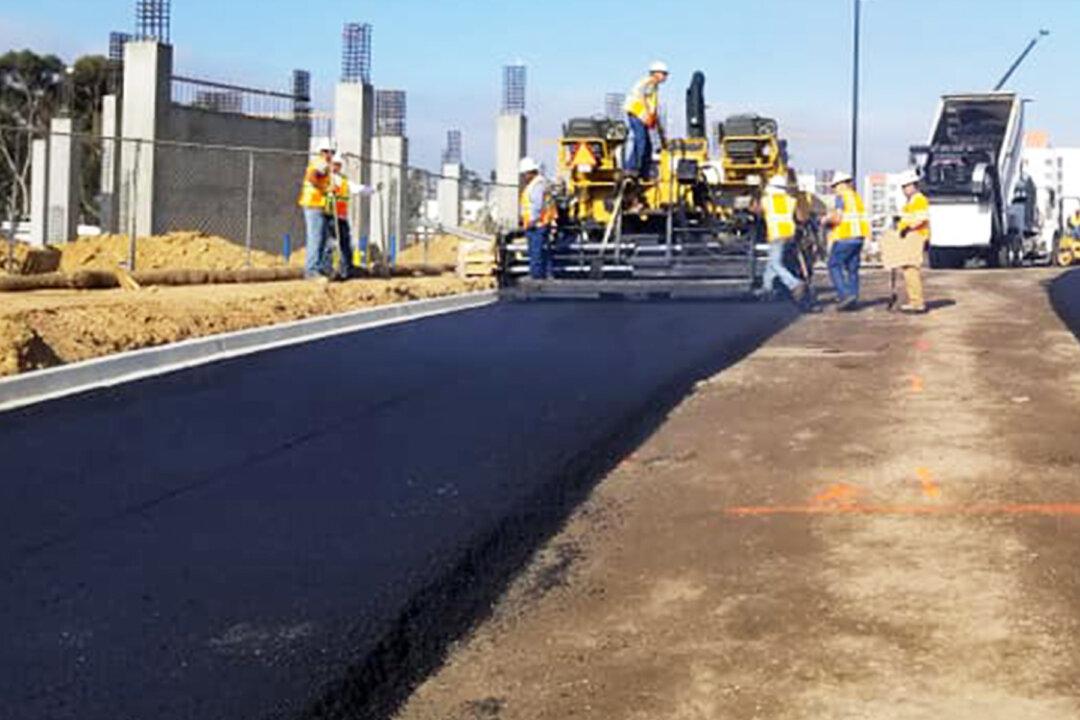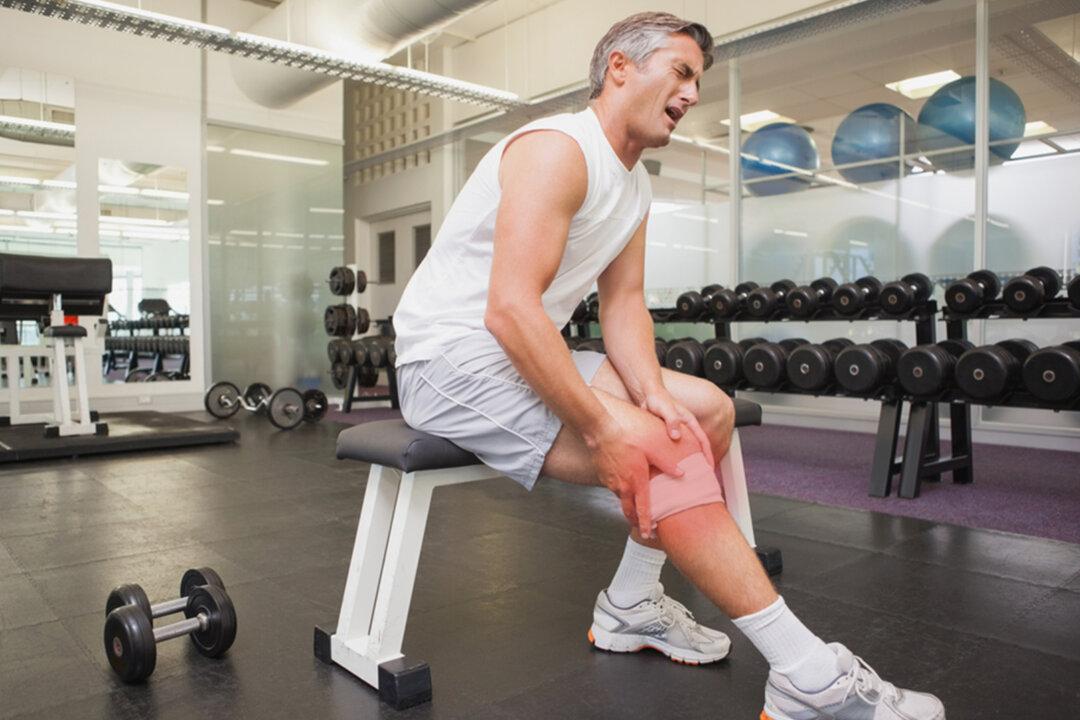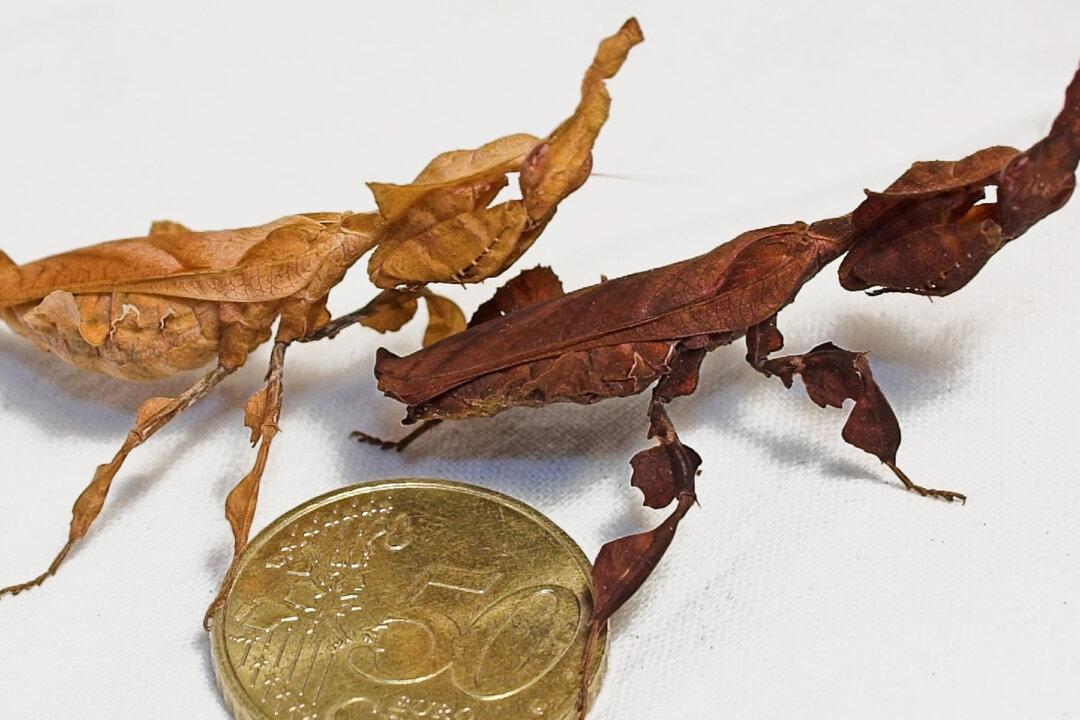The facts on plastic pollution just keep getting more dire. A 2016 MacArthur Foundation report found that “only 14 percent of plastic packaging is collected for recycling” out of the billions of tons produced every year.
Now, Scottish engineer Toby McCartney is doing his part to put a dent in that environmental impact with his unique invention. His company, called MacRebur, uses waste plastic to literally pave the roads—creating what he calls the world’s first “plastic roads.”





